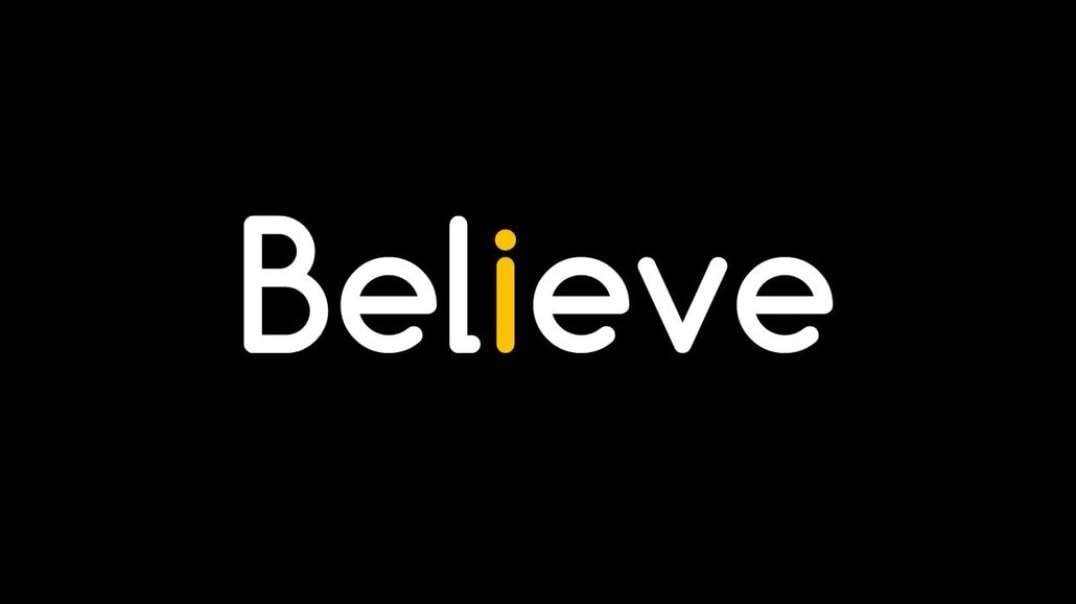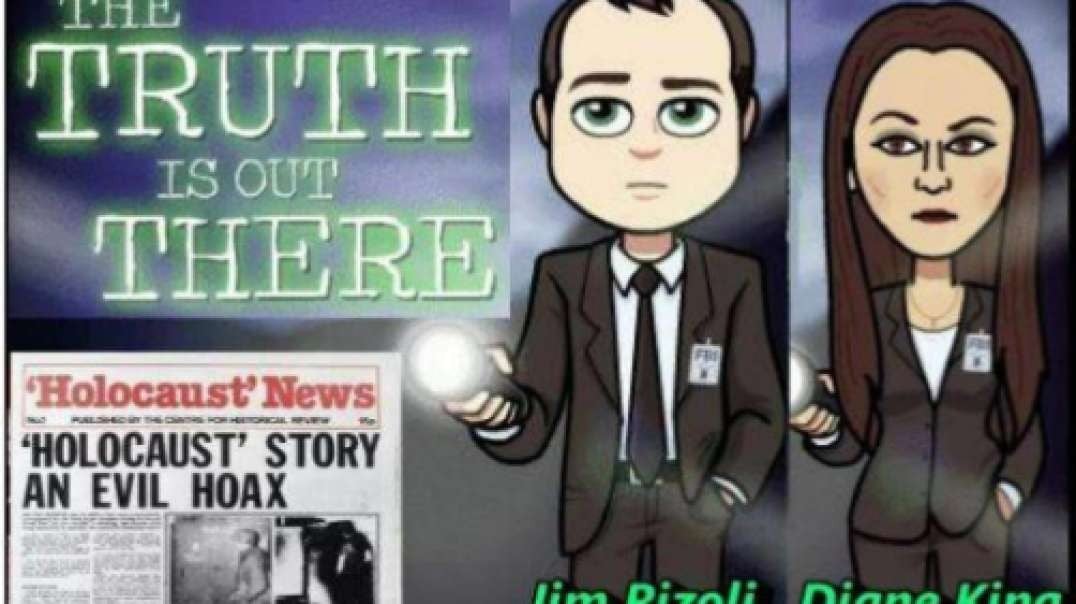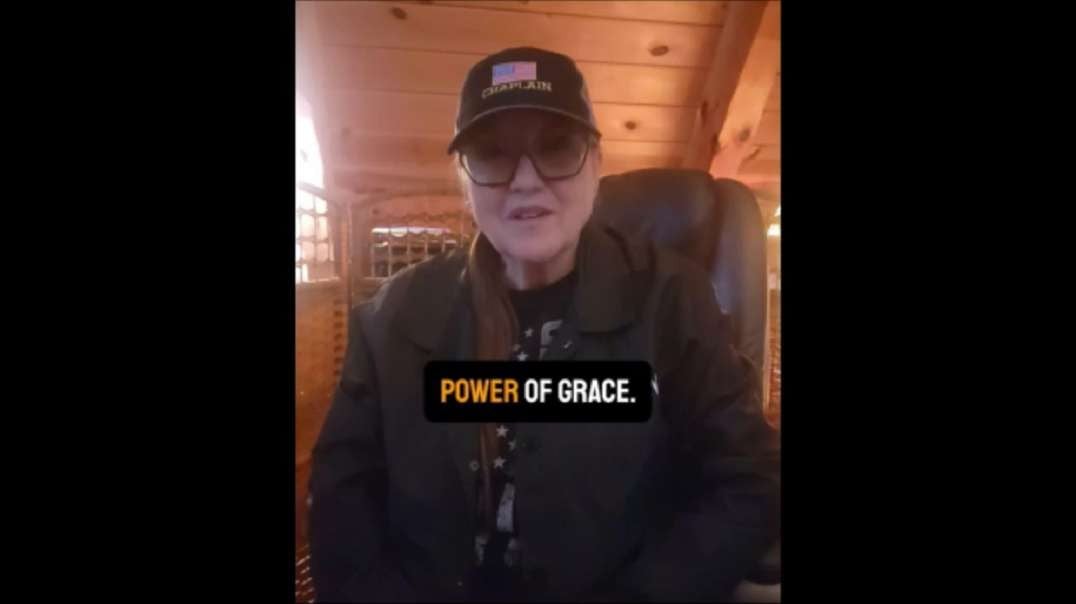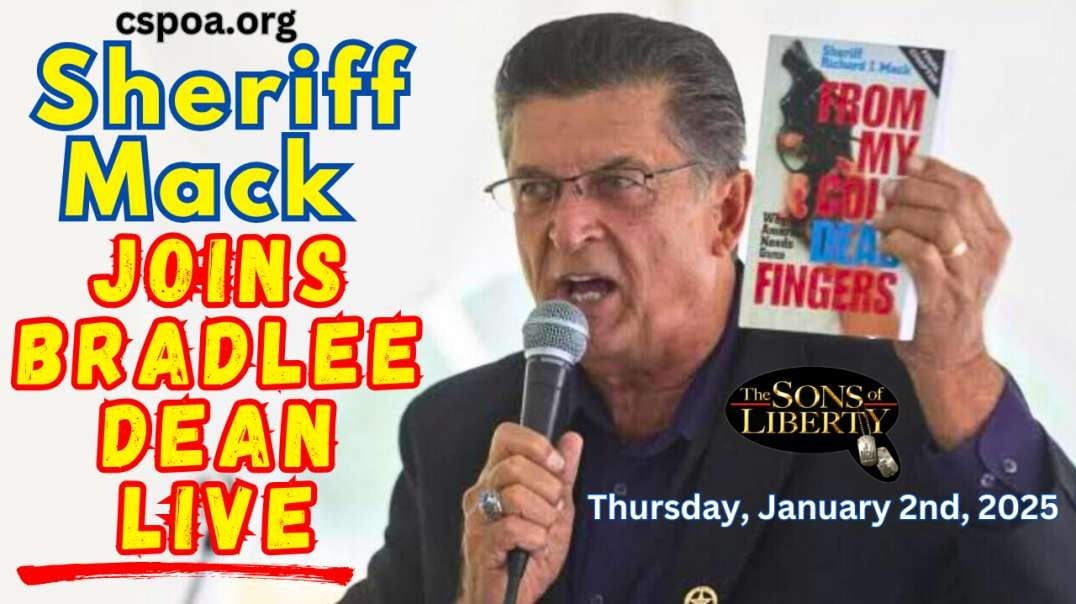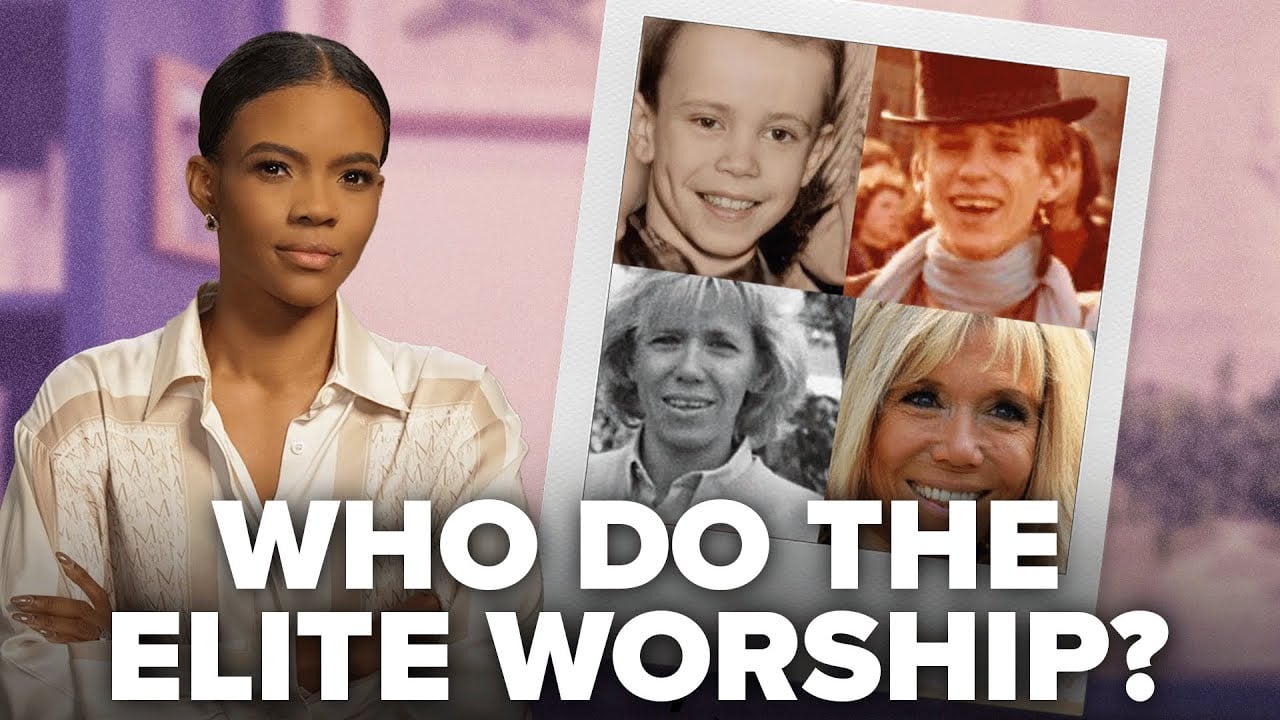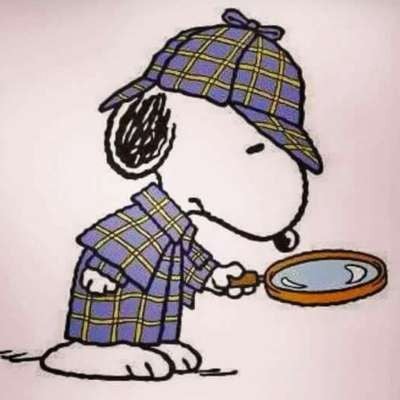Jefferson Airplane- Grace Slick Live at Woodstock
White Rabbit
One pill makes you larger
And one pill makes you small,
And the ones that mother gives you
Don't do anything at all.
Go ask Alice
When she's ten feet tall.
And if you go chasing rabbits
And you know you're going to fall,
Tell 'em a hookah smoking caterpillar
Has given you the call.
Call Alice
When she was just small.
When the men on the chessboard
Get up and tell you where to go
And you've just had some kind of mushroom
And your mind is moving low.
Go ask Alice
I think she'll know.
When logic and proportion
Have fallen sloppy dead,
And the White Knight is talking backwards
And the Red Queen's "off with her head!"
Remember what the dormouse said:
"Feed your head. Feed your head. Feed your head"
The Story Behind The Song: White Rabbit by Jefferson Airplane
By Rob Hughes (Classic Rock) March 05, 2019
“We are the people our parents warned us about,” Grace Slick yelled in the 60s. As the bluff lead singer with San Francisco band Jefferson Airplane, no-one embodied the free-thinking spirit of the times like she did. And if one song came to define the Haight-Ashbury counter-culture itself, it was Airplane’s White Rabbit.
Released in the loved-up summer of 67, its heavy allusions to the altered states in Lewis Carroll’s Alice’s Adventures In Wonderland, along with its exhortations to ‘feed your head’, seemed to invite a whole new generation to trip out on the pleasures of psychedelics. For those for whom love, peace and LSD were inseparable, it became an anthem. “It was timely for the era,” Airplane founder Marty Balin admitted years later. “The myth, the idea, the acid.”
But there was more to White Rabbit than that.
“It wasn’t actually a big hit,” Airplane bassist Jack Casady recalls, “but it was within the culture of the times. It became the signature for the people who were doing the things it had reference to. But does it work on different levels other than just a drugs song? Yeah, it does.”
Slick herself always maintained that White Rabbit was aimed at hypocritical parents and their habit of reading drug-laced stories to children at their most impressionable age.
“In all those children’s stories, you take some kind of chemical and have a great adventure,” she told writer Mark Paytress. “Alice In Wonderland is blatant. Eat me! She gets literally high, too big for the room. Drink me! The caterpillar is sitting on a psychedelic mushroom smoking opium!”
She also argued that the song was about the importance of education: ‘Feed your head,’ the rousing climax to White Rabbit, was intended as a call to liberate brains as much as the senses.
Slick wrote White Rabbit at home in Marin County a year earlier, on an upright piano with missing keys, at the end of an acid trip during which she listened to Miles Davis’s Sketches Of Spain for 24 hours straight. Then she presented it to her then bandmates, San Francisco raga-folk avatars the Great Society. Also in that band were Grace’s drummer husband Jerry, brother-in-law Darby Slick [lead guitar], Peter Van Gelder [bass] and rhythm guitarist David Minor. According to the latter, who began as the Great Society’s chief songwriter, White Rabbit was an answer to a call.
“When we started working, nobody had anything because I couldn’t write any more,” he recalls. “I was too busy keeping up with my various jobs. So Grace’s husband Jerry challenged them: ‘What are you gonna do? Let David write all the songs?’ Y’know, ‘Do something!’. So Darby came back with a couple of songs and Grace came back with White Rabbit.”
At six-minutes-plus, the original version of the song was much trippier, and nearly three times as long, as the Airplane’s single version; it was Eastern-flavoured, with an improvised raga intro, and Slick’s vocal was less stately. But the Spanish march and echoes of Ravel’s Bolero were already there.
“People talk about one of the wonderful things we did was play Bolero,” says Minor. “But to me there’s no difference between covering jazz and covering Little Richard. It all comes from a similar root.”
Live on stage, White Rabbit became a part of the Great Society’s set. By then, though, the band were having problems. Grace and Jerry’s marriage was starting to come apart, and Darby was getting deeper into drugs. Then came a benefit show at San Francisco’s Fillmore in September 1966. Sharing the bill with the Great Society were Jefferson Airplane, then looking for a new singer. Jack Casady had seen Grace several times and wanted her in.
“I liked Grace’s singing because we wanted a good, aggressive singer for the band,” he says. “She had a unique timbre and sound to her voice; Signe [Anderson], who was our first singer, came out of a folk background and had a contralto voice with smooth harmonies. What I like about Grace was the fact she stood right at the end of the stage and made good contact with the audience. Paul [Kantner] had put the vocal sound together for the first year of Jefferson Airplane, where it had the smoothness of his influences in folk music. I liked the individual sound to Grace’s voice, so I asked her to be in the band. This was the girl. Also, her attitude was very different. She didn’t have a submissive attitude at all, which is what we wanted. We wanted an equal in the band, someone you could work off, someone with fire in their eyes.”
Airplane manager Bill Thompson bought out Grace’s contract for just $750 and Slick was in, replacing the purer folk tones of Anderson with a more strident, punky approach. The following month the band set out for LA to start work on their second album, Surrealistic Pillow.


